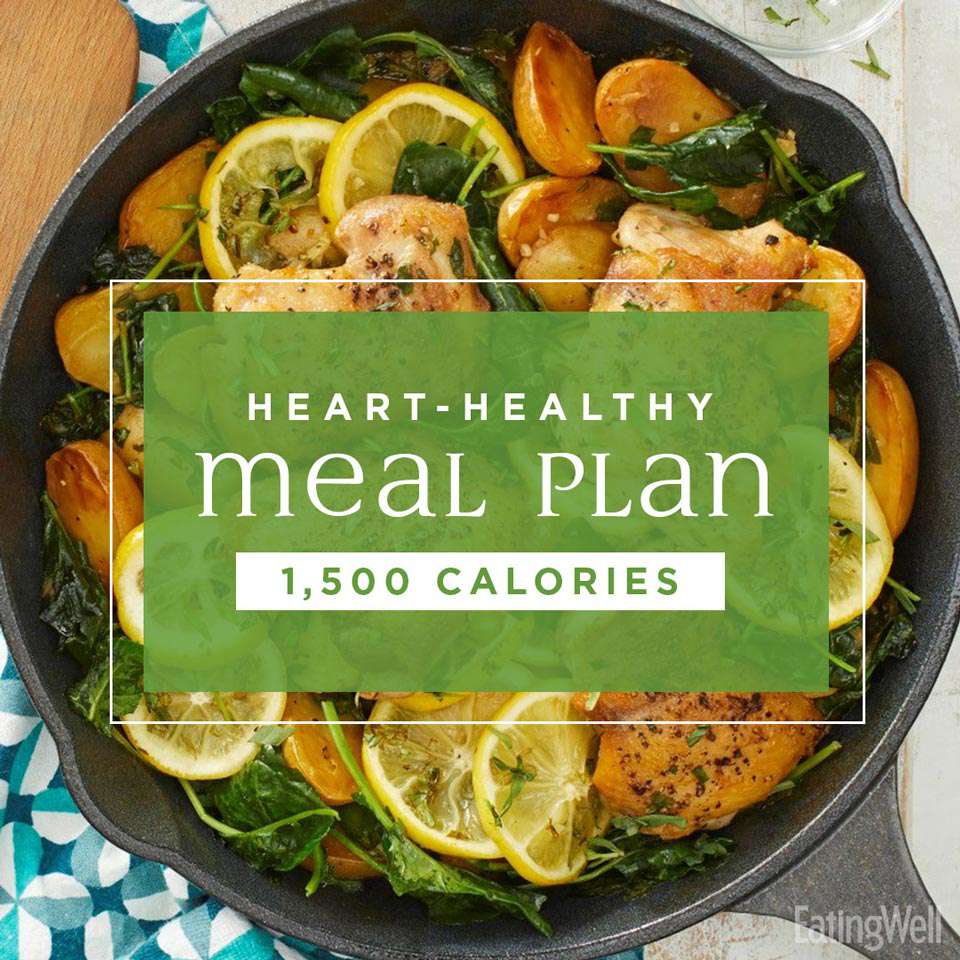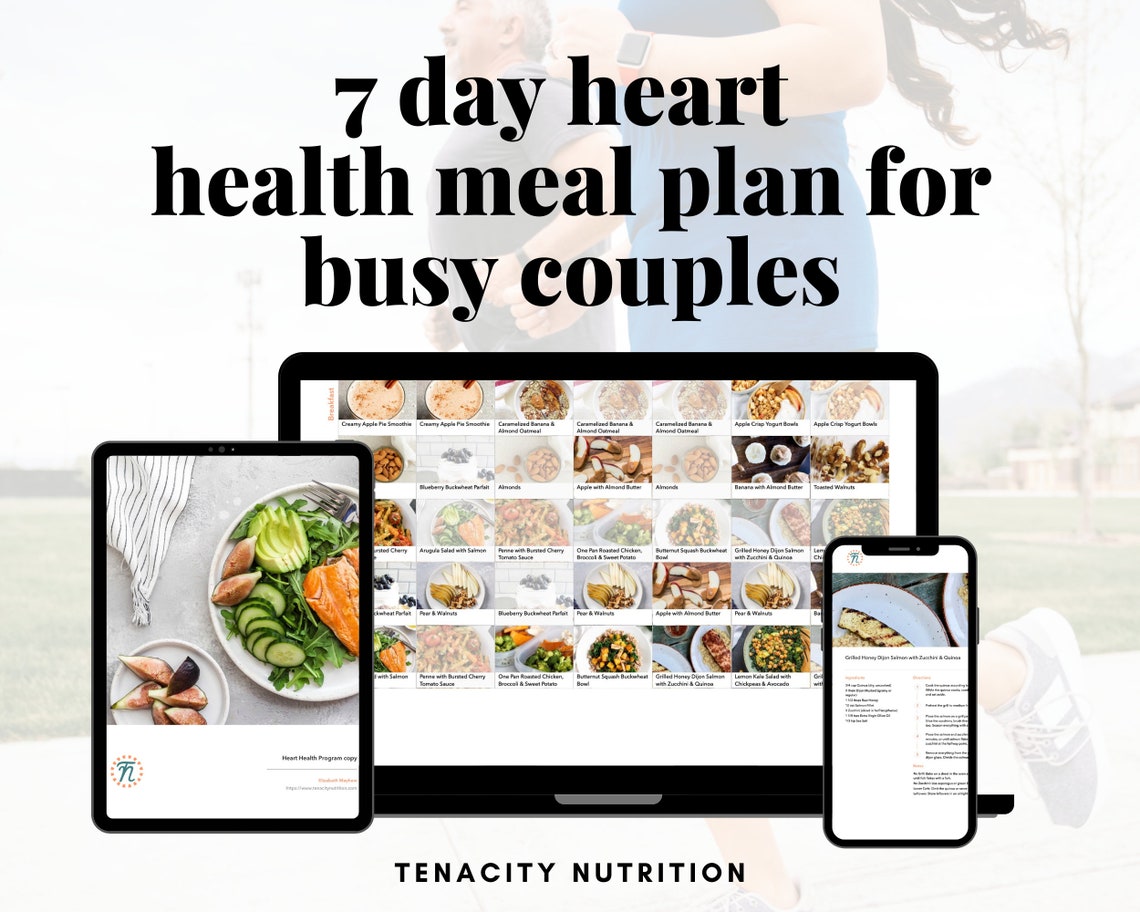Heart Healthy Meal Plans On A Budget

Heart Healthy Meal Plans On A Budget
Eating Healthy on a Tight Budget
Eating healthy can be expensive, but it doesn't have to be. With a little planning and some savvy shopping, you can build a heart-healthy meal plan on a budget. Eating healthy is important because it helps you to maintain a healthy weight, prevent chronic diseases, and feel your best. Eating a diet rich in fruits, vegetables, whole grains, lean proteins, and healthy fats helps keep your heart in good shape. When you shop on a budget, be sure to check for coupons and sales, and look for store brands to save money. You can also look for recipes that allow you to use leftovers to create new meals.
Plan Your Meals
When you're trying to eat healthy, planning your meals ahead of time can help you stay on track. Try to plan for the entire week, so you know what you'll be eating each day. This will help you to save time and money, and you won't be tempted to buy something unhealthy. Look for recipes that use several of the same ingredients so that you can get the most out of each grocery shopping trip. It's also important to create a grocery list before you go shopping, so you don't buy unnecessary items. Make sure to include plenty of fruits and vegetables in your meal plans, as these are packed with nutrients and fiber that are great for your heart health.
Stock Up On Frozen Fruits and Vegetables
Frozen fruits and vegetables are often cheaper than fresh produce, and they last longer, too. They're just as nutritious as fresh produce, and they're pre-washed and cut, so they can be thrown together quickly for a healthy meal. Keep a variety of frozen vegetables on hand, such as broccoli, spinach, bell peppers, and cauliflower, so that you can add them to meals such as stir-fries and soups. You can also buy frozen fruit to use in smoothies, overnight oats, and yogurt parfaits. Look for frozen fruits that are free of added sugar.
Choose Healthy Protein Sources
When you're trying to eat healthy, it's important to include lean protein sources in your meals. Protein helps to keep you feeling full and satisfied, and it's great for your heart health. Look for lean sources of protein, such as chicken, turkey, and fish, which are usually cheaper than beef and pork. Eggs are also a great source of protein, and they're inexpensive. You can also look for plant-based proteins, such as beans, lentils, and tofu, which are packed with nutrients and fiber. These can be added to salads, soups, stews, and stir-fries.
Look for Whole Grains
Whole grains are packed with vitamins, minerals, and fiber, and they provide energy for your body. Look for whole-grain bread, pasta, and rice, which are usually cheaper than their refined counterparts. You can also look for quinoa, farro, and barley, which are great for adding to salads, soups, and stews. Look for recipes that call for several of the same ingredients, so you can make the most of each grocery shopping trip. It's also important to check the labels on packaged foods, as some products may be labeled as "whole grain," but they may be made with refined grains.
Make Healthy Snacks
Snacking is a great way to get in extra nutrients and energy, but be sure to make healthy choices. Choose snacks that are high in protein and fiber, such as nuts, seeds, and fruits. You can also make your own snacks, such as trail mix, energy bars, and yogurt parfaits. Look for recipes that allow you to use leftovers to create new meals. For example, you can use leftover cooked rice to make a fried rice dish, or you can use leftover cooked chicken to make a salad or sandwich. This can help to save time and money.
Meal-Plan-Dec-15.jpg 3,082×2,382 pixels | Clean eating meal plan

Diet Plan For Healthy Heart – Diet Plan
Menu Plan Monday
7-Day Heart-Healthy Meal Plan: 1,200 Calories - Fitness and Diet Plans

Low Far And Low Sodoum Heart Healthy Rexipes : Simple Low Sodium Low

7-Day Summer Heart Healthy Meal Plan - Eating With Heart

Heart healthy foods … (With images) | Cardiac diet recipes, Heart

25+ Heart Healthy Diet Plan Pdf Background - Woman and Fashion
7-Day Heart-Healthy Meal Plan: 2,000 Calories | Healthy meal plans

7 Day Heart Healthy Meal Plan for Busy Couples Meal Plan | Etsy
